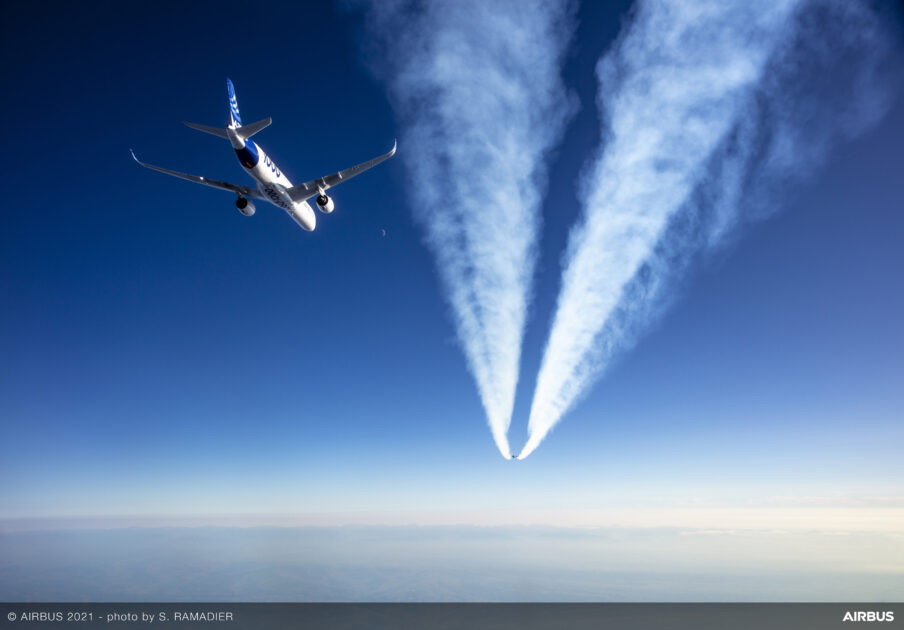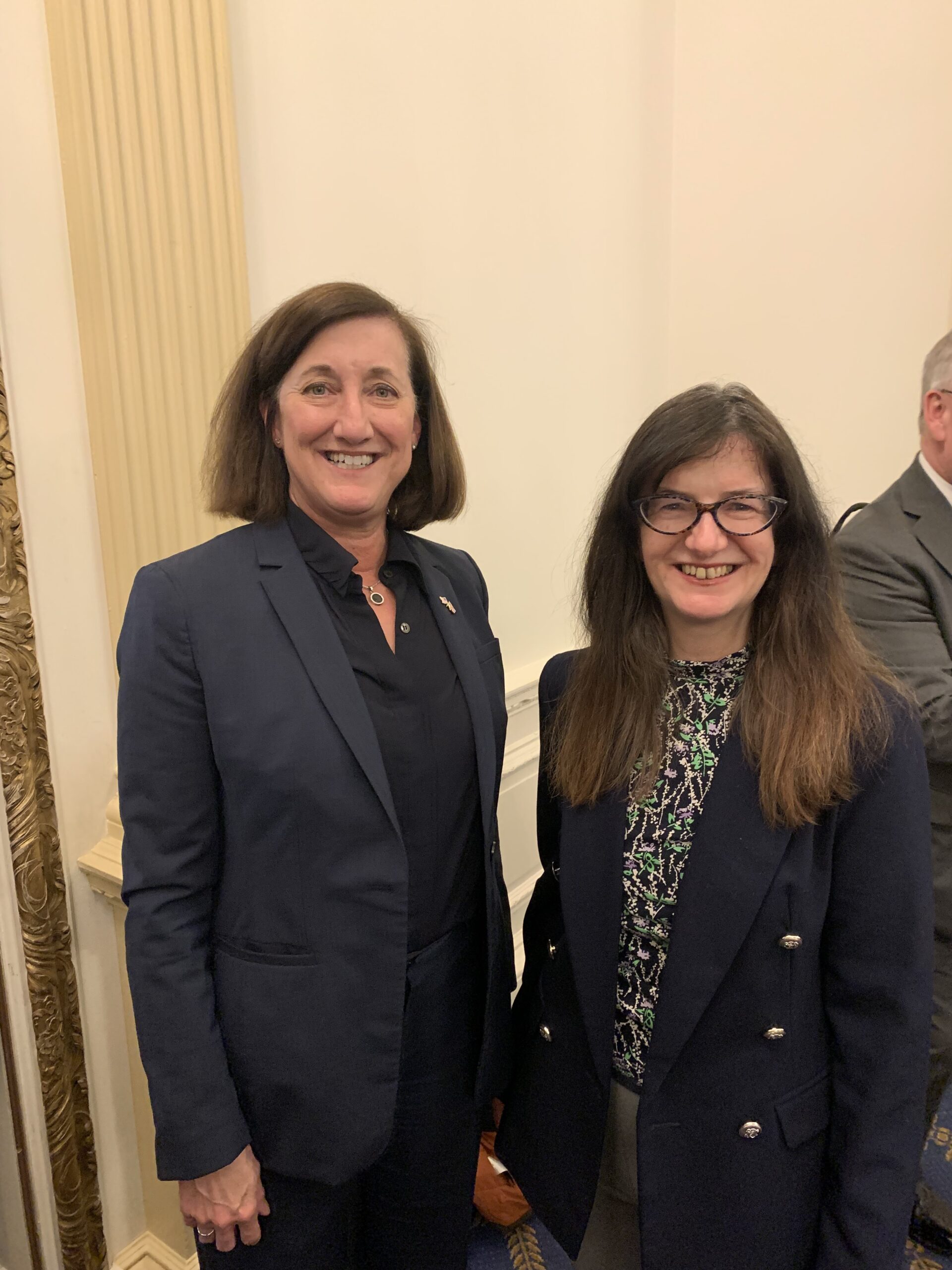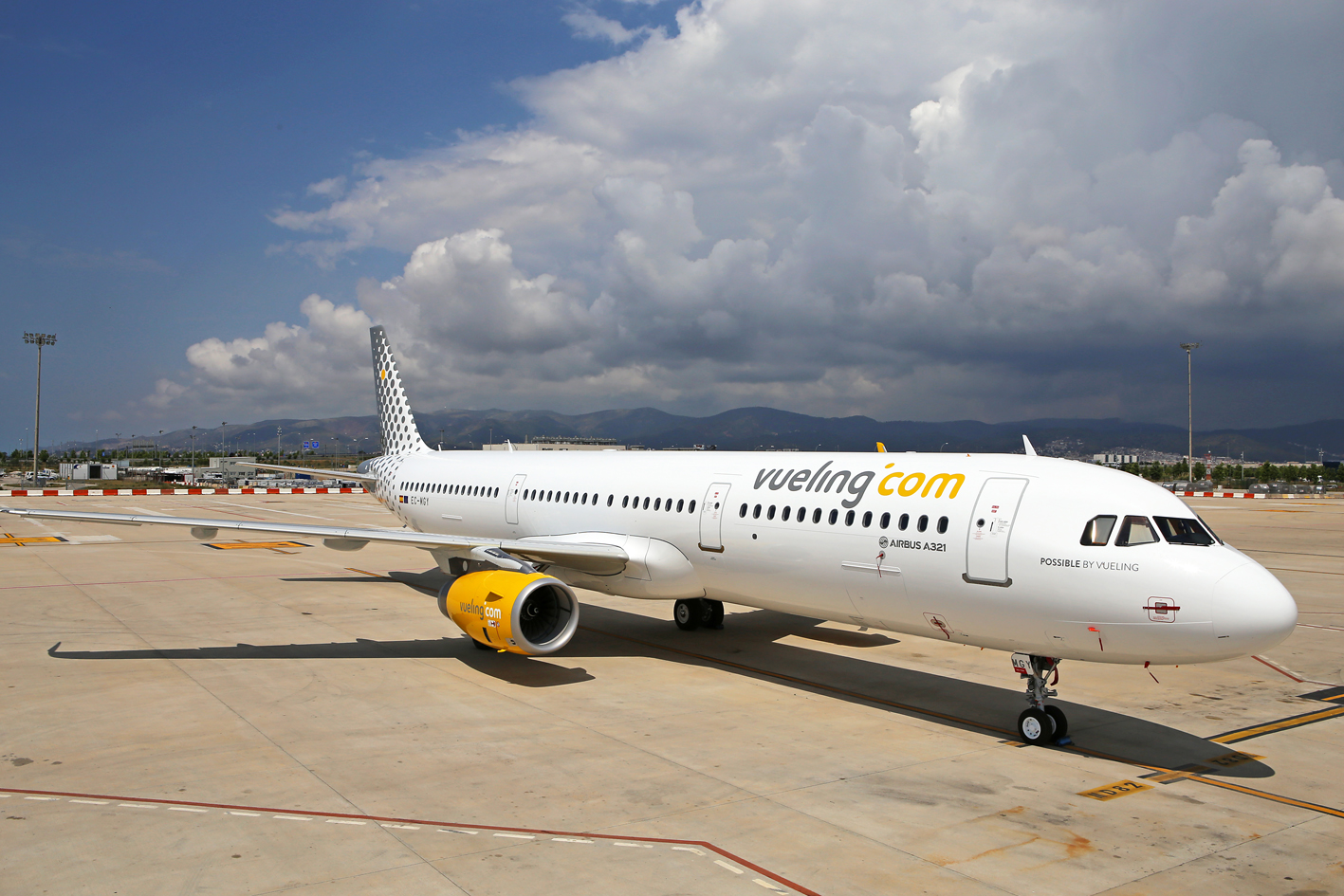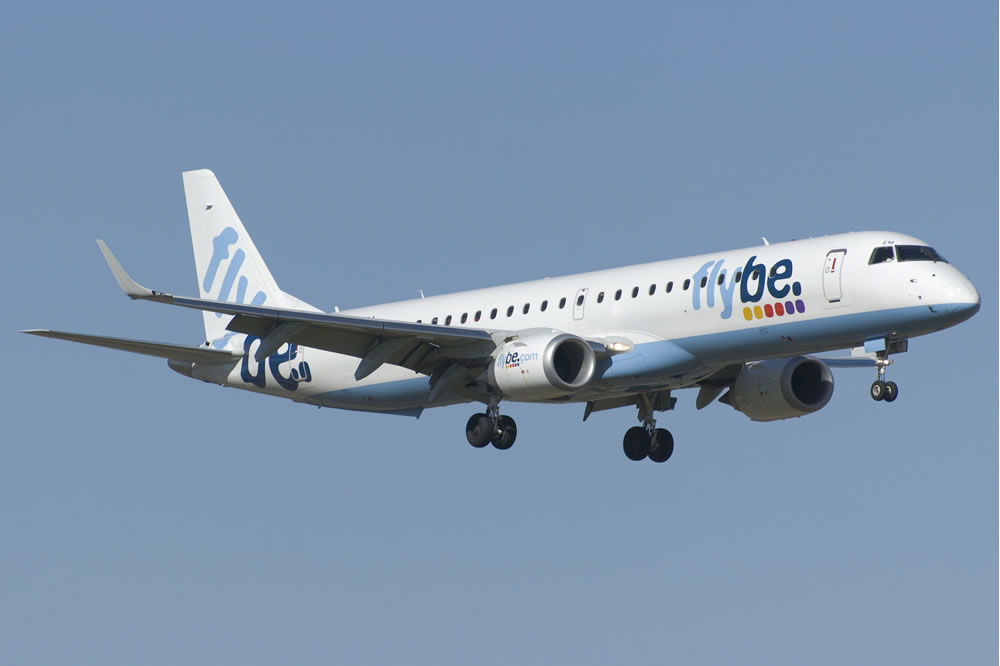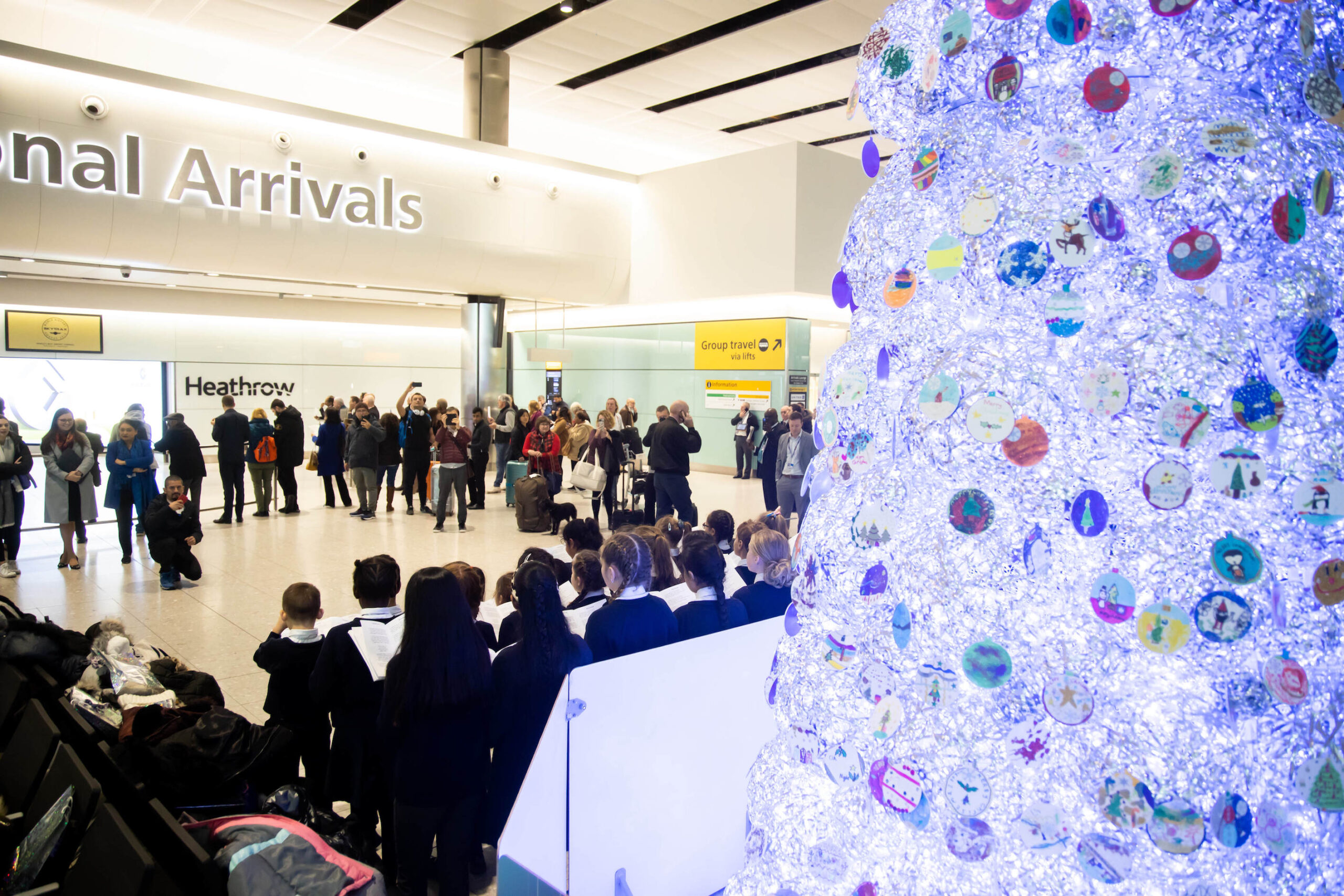Nearly two years ago aviation faced an existential threat as the skies emptied. Or so it thought. But now the skies are filling up again, it is not the pandemic that threatens the existence of air travel as we know it today. It is climate change and the increasing call for flights to be reduced or halted altogether.
When XR took to the streets, as Greta Thunberg’s voice drew worldwide support, and Sweden began flight-shaming passengers, the aviation industry realised it had a big problem on its hands. The narrative changed overnight as headlines around the world gave aviation a bad name as a dirty global polluter.
Aviation accounts for arguably around three percent of global carbon emissions. But this is set to grow exponentially. Airbus estimates 39,000 aircraft including passengers and freighters will be needed by 2040. Widespread air travel has returned. Meanwhile the aviation industry has broadly pledged to Net Zero emissions by 2050 and in some cases, by 2030, but it is a gigantic challenge to embrace at this late stage. And aviation cannot do it alone. It needs collateral support and investment from other industries such as shipping to produce alternative energies and renewables to scale.
Other aircraft emissions besides CO2 contribute to global warming such as nitrous oxide and soot. Contrails, those thin and wispy vapour clouds appearing from aircraft overhead, also represent an unquantifiable threat. So new cleaner alternatives are an imperative. At COP26 easyJet announced it had joined Race to Zero, a global UN-backed campaign to achieve net-zero carbon emissions by 2050 at the latest. But when it comes to decarbonising air travel, no one size fits all. Solving carbon emissions from aviation is a complex and interconnected challenge.
There are multiple solutions underway: better management of airspace to cut down flight times; use of Sustainable Aviation Fuels (SAFs) – using waste cooking oils and other recycled oils to create a single fuel or a blended fuel per aircraft; electric power (batteries do not currently enable medium to longhaul flights), and hydrogen, regarded as the cleanest energy of all resulting in zero carbon emissions. There are many other initiatives, such as ‘fello fly’ by Airbus and industry partners, which just completed its transatlantic flight test, leveraging the wake of one flight to retain the aerodynamics of a follow-on aircraft. This mimics the V formation flying patterns of mother nature – geese.
IT’S AN EXCITING TIME FOR ENGINEERS AND INNOVATIVE THINKERS TO JUMP IN AND BE PART OF THIS GREAT GLOBAL PLANET SAVING INITIATIVE
However, each type of energy faces its own challenges. SAFs require vast resources to produce, distribute and deliver aviation fuel to scale. There are only a few sites in Europe producing batches at present and these are insufficient to deliver the required quantities. California is the only site for a dedicated SAF plant so far. Investment and collaboration with other industries is required. Electric batteries can power only small aircraft due to their size and weight. And hydrogen also needs greater investment.
In the short term, the fallback option is carbon offsetting as part of the Carbon Offsetting and Reduction Scheme for International Aviation (CORSIA) programme which will be mandatory for flights from 2027, based on take-off weight and if the destination is international.
Passengers can opt for offsetting when booking their flight, or airlines can do it as part of the Carbon Offsetting and Reduction Scheme for International Aviation (CORSIA) programme run by the UN. Since 2019 CORSIA makes it mandatory for airlines to report their annual carbon emissions. On routes between countries that have volunteered to join the initial phases of the UN scheme, airlines are required to offset emissions above pre-pandemic 2019 levels. However the pandemic has interrupted that requirement until air traffic fully recovers.
But it’s not just the skies where the battle is emerging. The ground infrastructure is also engaged. Airports are investing in green technologies to power terminals, ground support equipment and infrastructure. It is an exciting time for engineers and innovative thinkers to jump in and be part of this great global planet saving initiative.
As passengers and travellers, we can each get involved with all these initiatives:
• When booking flights check what the air carrier’s sustainability plans are and consider donating towards their carbon offsetting initiatives.
• Decide which cabin you choose onboard. Premium seats are less sustainable as they take more space onboard, resulting in fewer passengers per mile flown. If you do fly premium, contribute to the offsetting scheme or find other ways to contribute to carbon offsetting.
• When booking your destination, check whether the hotels are run sustainably with cleaner energies for example, and whether they also contribute to sustainable tourism and their local community and regions.
• Make informed choices about your itinerary, especially if it involves the local wildlife and animals, to ensure safeguarding of the local resources at your destination.
• In the UK you can get in touch with your MP, the Transport Secretary Grant Shapps, or Aviation Minister Robert Courts, to make your voice heard.
• You can also write to your nearest airport authority to ask what its sustainable management strategy looks like. Go to the About section on the airport’s website to get contact details and further information.
• You could even consider joining the aviation and travel industry specifically in the field of sustainability where new skillsets and initiative are required over the coming decades to decarbonise the industry.
